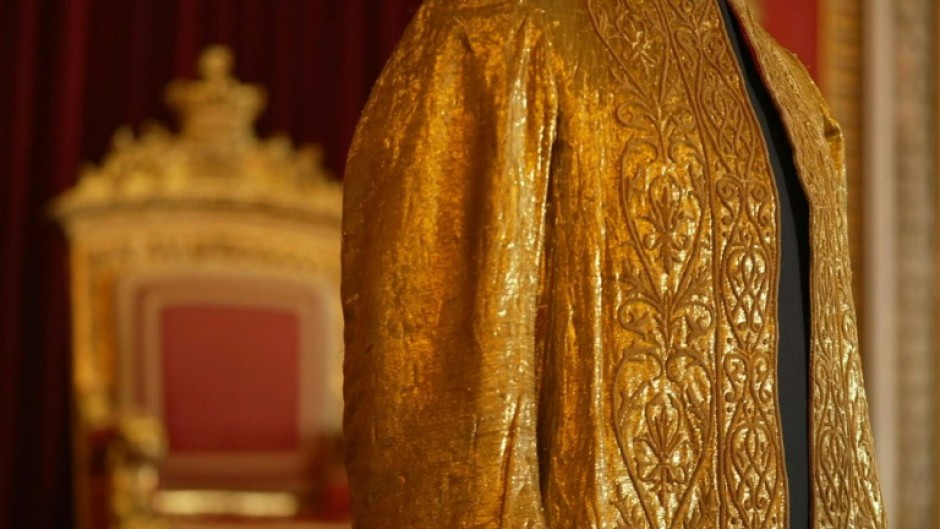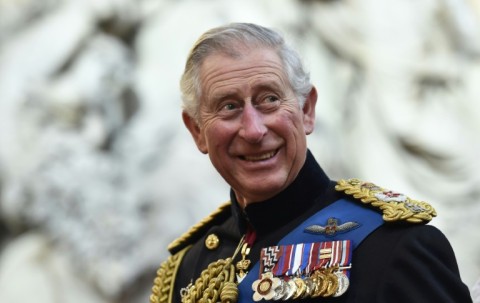
King Charles III will dress in heavy, shimmering golden robes worn by his ancestors during his coronation on Saturday, inspired by priestly outfits and intended to evoke the divine nature of kingship.
In keeping with the British monarch's re-use and recycle outlook, many of the items were worn by his grandfather King George VI for his coronation in 1937, and by his great-grandfather King George V in 1911.
Although it is customary to wear certain historic "vestments", the king will use others from previous coronations "in the interests of sustainability and efficiency", Buckingham Palace said.
Caroline de Guitaut, deputy surveyor of the king's works of art for the Royal Collection Trust, said: "It was the king's personal decision.
"They are in remarkable condition and it's also reflecting back to the coronation of his grandfather", the last king.
The vestments are usually kept at the Tower of London as part of the coronation regalia.
The palace has yet to say whether the king will wear military uniform or not beneath the robe he will don for his arrival at London's Westminster Abbey.
- Robe of State -
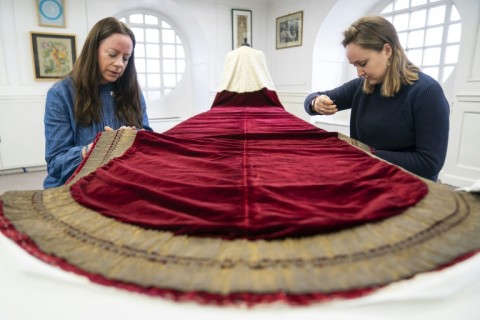
Robes of State are worn on arrival at Westminster Abbey.
King Charles will arrive at the abbey in King George VI's crimson velvet Robe of State.
The lining and lace has been conserved in advance of the coronation by Ede and Ravenscroft.
London's oldest tailor has made garments for every coronation since that of King William III and Queen Mary II in 1689.
- White linen shirt -
The sovereign will wear a simple white linen shirt for his anointment with holy oil.
- Colombium Sindonis -
Latin for shroud tunic, this is worn after the anointing. The sleeveless white linen tunic has a plain collar fastened with a single button. It was worn by King George VI.
- Supertunica -
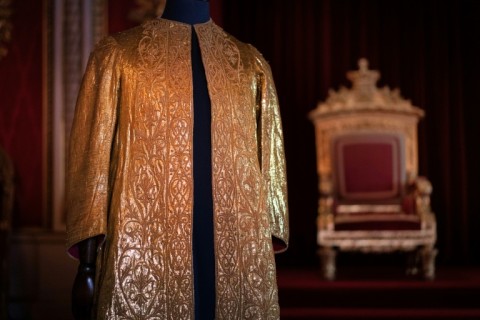
The glittering Supertunica is a full-length, sleeved coat of gold silk worn after the anointing ceremony.
It was made for King George V and was also worn by King George VI, and by Queen Elizabeth II in 1953. The supertunica weighs around two kilos.
The Supertunica's style has changed little since medieval times and is based on priestly and religious vestments.
The silk is wrapped in thin pieces of gold.
- Coronation sword belt -
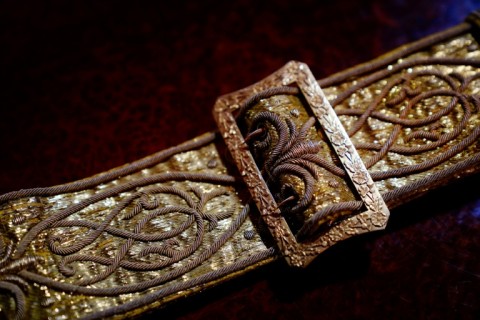
Again from 1937, the girdle is made of embroidered cloth of gold and has a gold buckle. It is placed around the monarch's waist over the Supertunica.
The buckle is stamped with national emblems. Its gold clip is used to attach the Sword of Offering, to be used for the protection of good and the punishment of evil.
- Stole Royal -
The long, narrow embroidered band of gold silk goes around the shoulders on top of the Supertunica, mirroring outfits worn by a priest or a bishop.
- Imperial Mantle -
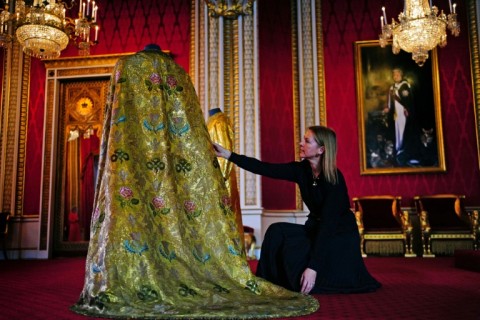
Along with the Supertunica, the mantle, or Robe Royal, is the other dazzling vestment in the coronation.
The floor-length cloak is worn over the Supertunica. It was made for the coronation of King George IV in 1821 and is the oldest vestment being used in Saturday's ceremony.
It is made of cloth of gold woven in coloured threads. It is closed at the chest with a gold clasp featuring an eagle.
The pattern features red roses, blue thistles, green shamrocks, fleur-de-lys and eagles. It weighs 3-4 kg.
King Charles's eldest son, the heir to the throne Prince William, will assist in placing the robe on his father.
- Coronation Glove -
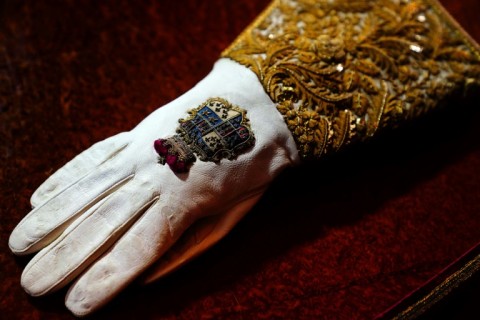
The monarch will wear the single white leather glove on his right hand while holding the sovereign's sceptre with cross during the crowning.
Also called the Coronation Gauntlet, it was made for King George VI.
The cuff is embroidered with national emblems including roses, shamrocks, thistles and acorns in gold metal threads.
- Robe of Estate -
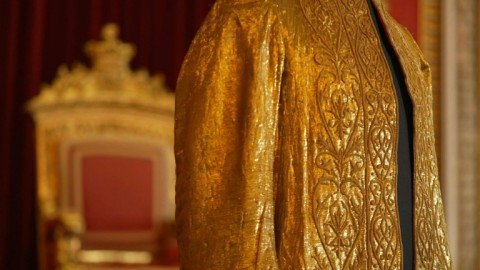
The king will wear his grandfather's robe, which is made of purple silk velvet embroidered in gold.
By Robin Millard

